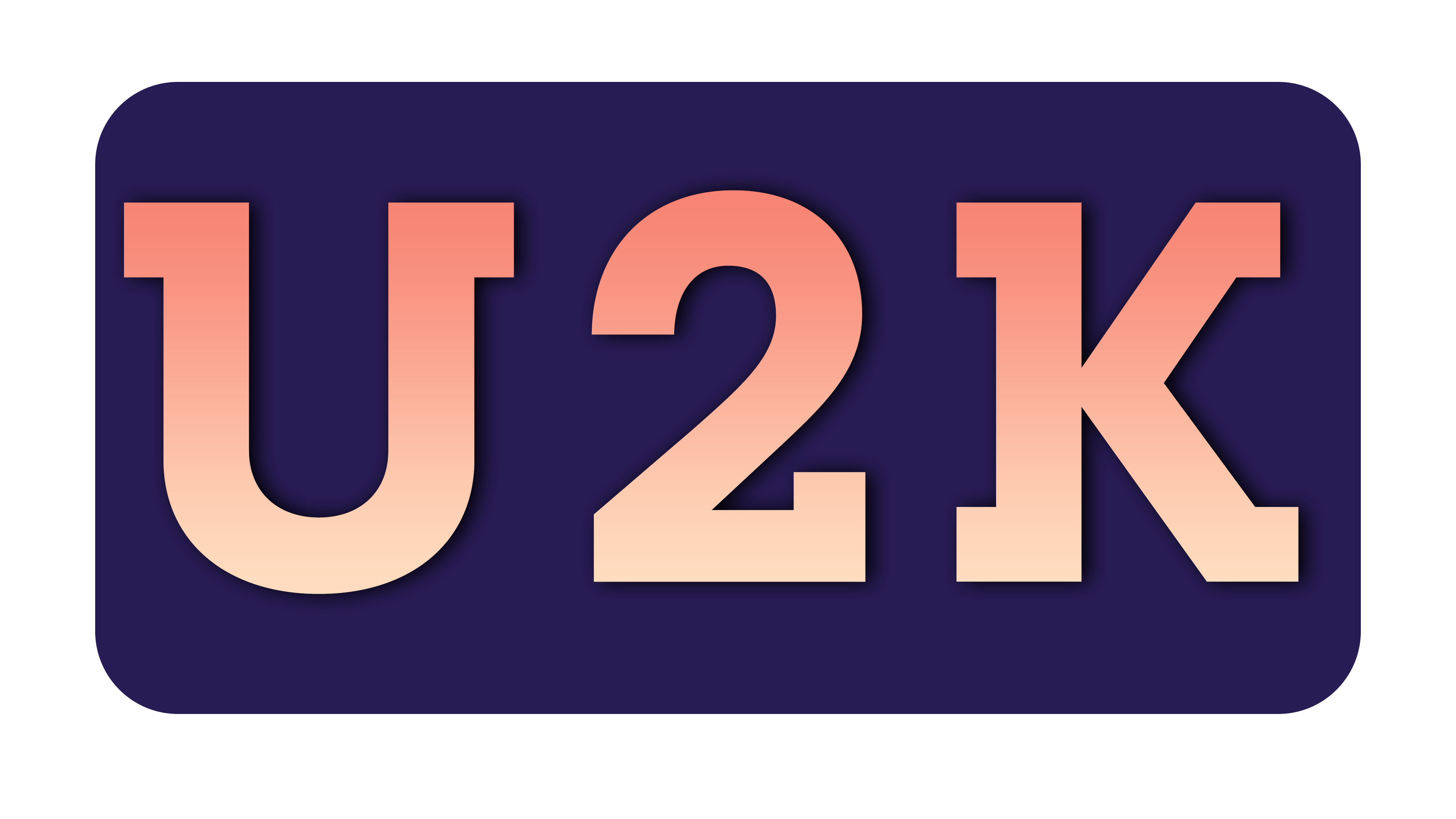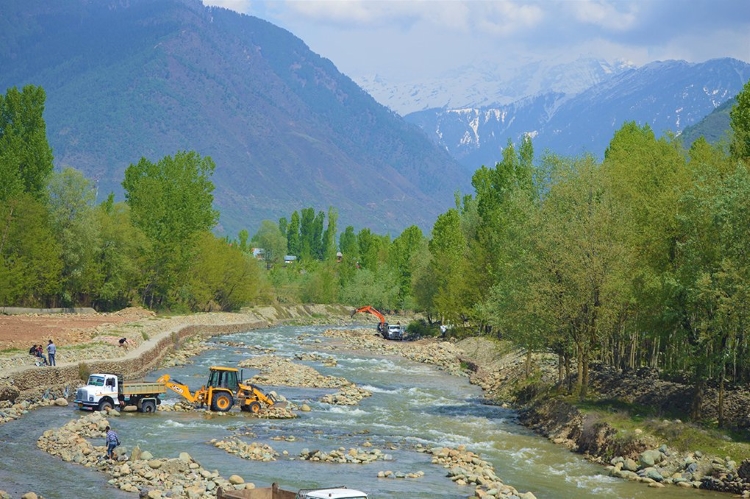Heavy machines used for extraction of mineral resources devour fragile river ecosystem

Srinagar: The failure of the authorities to ensure scientific extraction of mineral resources is taking a heavy toll on Kashmir’s fragile river ecosystem mainly due to the use of heavy machines.
As per the guidelines, only semi-mechanised machines are to be used for extraction of mineral resources from riverbeds.
However in absence of any monitoring, heavy machines are being used to extract more mineral resources in a short time.
J&K Environment Impact Assessment Authority (JKEIAA), which works under the Union Ministry of Environment Forests and Climate Change, grants Environmental Clearance after the applicant fulfills requisite standard and specific conditions including prohibition of the use of heavy machinery in mining operations, a provision to sell the excavated materials from the riverbed locally at a discount of 50 percent, and the use of CCTVs on the site.
Talking to Greater Kashmir, environmental activist Raja Muzaffar Bhat said, “All rules are being violated and our riverbed system is being completely devastated. Only semi-mechanised machines are allowed for riverbed mining but the contractors use heavy machines like JCBs, L&T, and Kobelco cranes which are causing destruction in Doodh Ganga, Shali Ganga, and other streams in Budgam. Even in Sukhnag around Sail Beerwah, illegal riverbed mining is happening in broad daylight without any consent of the J&K State Environmental Impact Assessment Authority.”
Originating from Pir Panjal glaciers, Doodh Ganga is one of the tributaries of River Jhelum.
Blessed with crystal clear water, the canal passes through several areas and merges into Hokersar Wetland in Srinagar and subsequently reaches Jhelum.
Due to haphazard extraction of minerals, the Doodh Ganga water has turned muddy.
“Ironically same water is supplied to five lakh people in uptown Srinagar from Doodh Ganga water filtration plant Kralpora,” Bhat said.
The silt accumulation in Hokersar has also increased as Doodh Ganga muddy water enters Hokersar wetlands near Sharifabad area of Srinagar.
On Bhat’s petition, the National Green Tribunal (NGT) on September 28, 2022, ordered mining operations at the Shali Ganga Nallah in Budgam district to halt, calling into question the Environmental Clearances (EC) given for the operations.
In October last year, the NGT came up with a 212-page order exposing use of JCBs and other machines for riverbed mining.
Kashmir is blessed with abundant deposits of minor mineral resources, masonry stones, sand, boulder, bajri, and clay.
The perennial left and right bank tributaries of Jhelum basin have rich deposits of minor minerals like boulders, which are extracted for construction purposes.
“Irony is Geology and Mining Department on the direction of National Green Tribunal last year deposited Rs 1 crore as penalty for defacing and polluting the Doodh Ganga. Now the same department is allowing illegal riverbed mining not only in Doodh Ganga but in Shali Ganga as well. In addition to it, SMC and ULB also deposited Rs 2 crore each plus Rs 35 crore penalty was again slashed on the government in Doodh Ganga pollution case. How can taxpayers’ money be looted like this? In the next hearing on the Doodh Ganga case, I would appeal to the NGT to realise the penalty money from all government officers who are involved in illegal riverbed mining plus the project proponents as well,” Bhat said. “The guidelines of Minor Mineral Rules 2016 and State Environmental Impact Assessment Authority is clear that JCBs and mechanised machines cannot be used during riverbed mining but these are used openly by the government contractors and I would not remain a mute spectator to it.”
Reports of illegal mining are pouring in from various districts including Pulwama, Anantnag, Shopian, and Kulgam in south Kashmir.
Though authorities have been routinely seizing vehicles and machines involved in illegal mining, the problem persists.
Bhat, who has been fighting for protection of water resources, said organised mining mafia was devastating River Jhelum and its major tributaries like Doodh Ganga, Vaishav, Rambiara, Shali Ganga, and other streams.
Illegal mining is fast silting up Hokersar Wetland as Doodh Ganga passes through this wetland, which is a designated Ramsar site.
The flow of silt has also converted a vast chunk of Hokersar Wetland into a marsh, disturbing the habitat of lakhs of migratory birds.
As per Section 23 C of the Mines and Minerals (Development and Regulation) Act 1957, powers have been delegated to state and union territory governments to frame rules to curb illegal mining, transportation, and storage of illegally mined minerals.
Bhat said that on an average a riverbed mineral block is auctioned for mere Rs 1.30 crore for five years.
Elaborating, Bhat said: “Unscrupulous contractors want to earn crores in months by excavating minerals at nighttime, using JCBs, and selling material at exorbitant rates.”
Rivers and streams have a stable hydraulic regime, which govern course and parameters such as bed slope, width, and depth of flow.
Experts said that any mining of minor mineral boulders, gravel, and sand had to be done in consideration of the entire regime of the river and its regenerative capacity of minor minerals.
“This is to be based on Environment Impact Assessment to avoid any damage to aquatic ecology of the stream and its biotic life,” said Ajaz Rasool, a hydraulic engineer. “If this is not done, it will adversely affect the hydraulic parameters and aquatic ecology of the river or stream, which can cause erosion of sides during floods and even result in changing the course of river at the cost of flooding living habitats on its banks or even washing them away which come in the alignment of redefined course.”
Director Geology and Mining O P Bhagat said he would look into the issue.
“We allow only semi-mechanised machines to extract minerals from riverbed. However, I will check and act against specific complaints where rules are being violated,” he said.
Recent Posts
- Astronomers detect first direct image of black hole expelling a powerful jet
- WhatsApp rolling out ‘reply with message’ feature within call notifications
- Multi-Device Pairing May Be Arriving for Apple Watch this Year
- Artificial Intelligence Discovers Hidden Giant, a Planet 5 Times Larger Than Jupiter
- Google CEO Sundar Pichai Talks Bard & The Future Of Search
Recent Comments
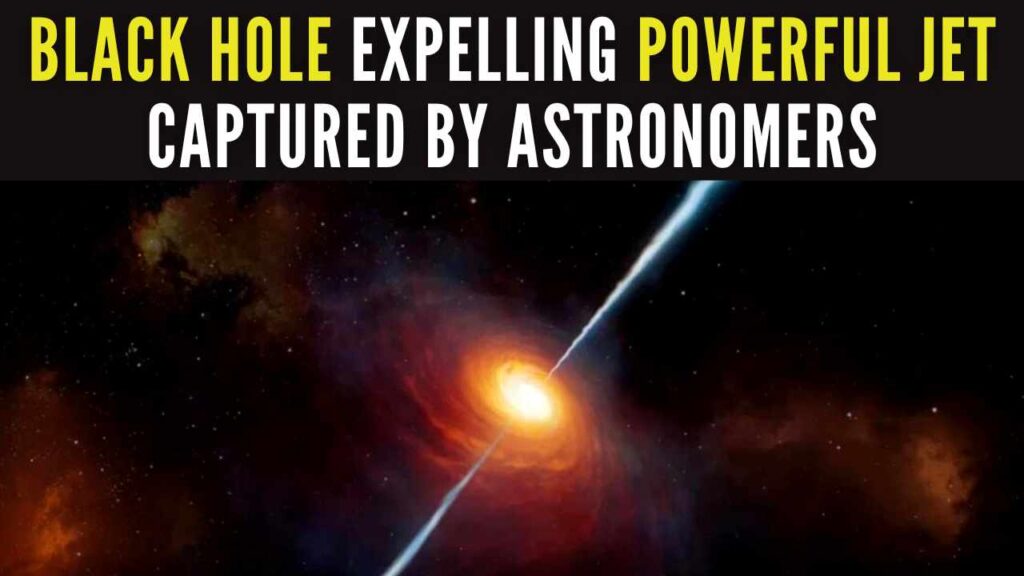
Astronomers detect first direct image of black hole expelling a powerful jet
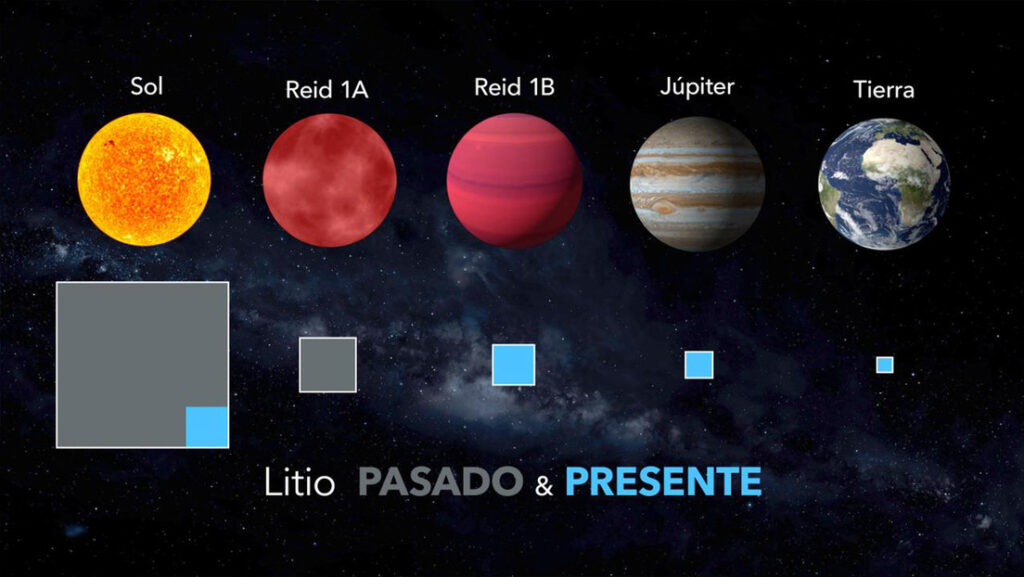
Artificial Intelligence Discovers Hidden Giant, a Planet 5 Times Larger Than Jupiter
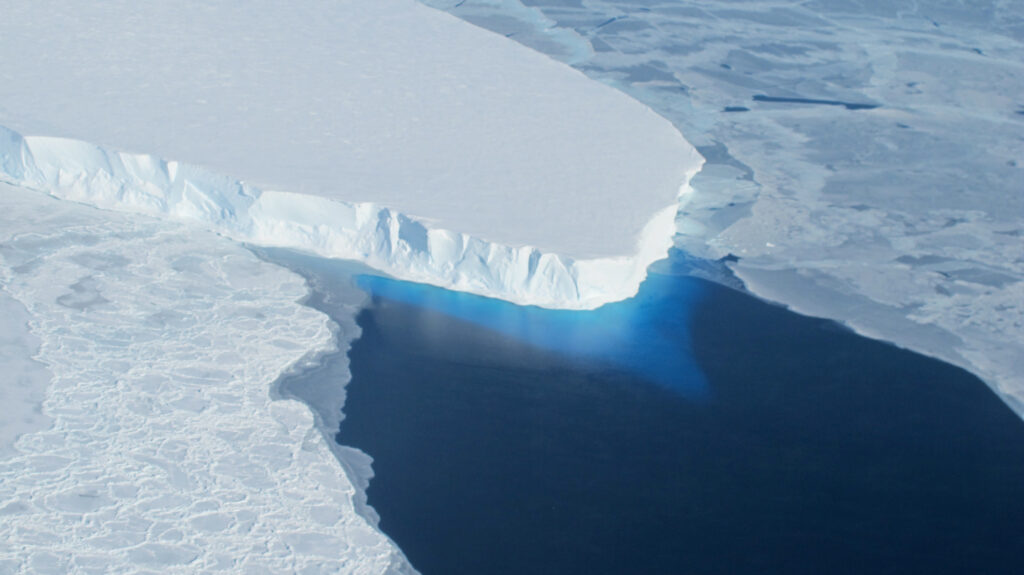
Scientists explain melting of Antarctic ice sheet dating back 9,000 years

An Unexpected Discovery: Hubble, ESA's Gaia Spot Double Quasar That Existed Over 10 Billion Years Ago

Astronomers detect first direct image of black hole expelling a powerful jet

WhatsApp rolling out ‘reply with message’ feature within call notifications

Multi-Device Pairing May Be Arriving for Apple Watch this Year

